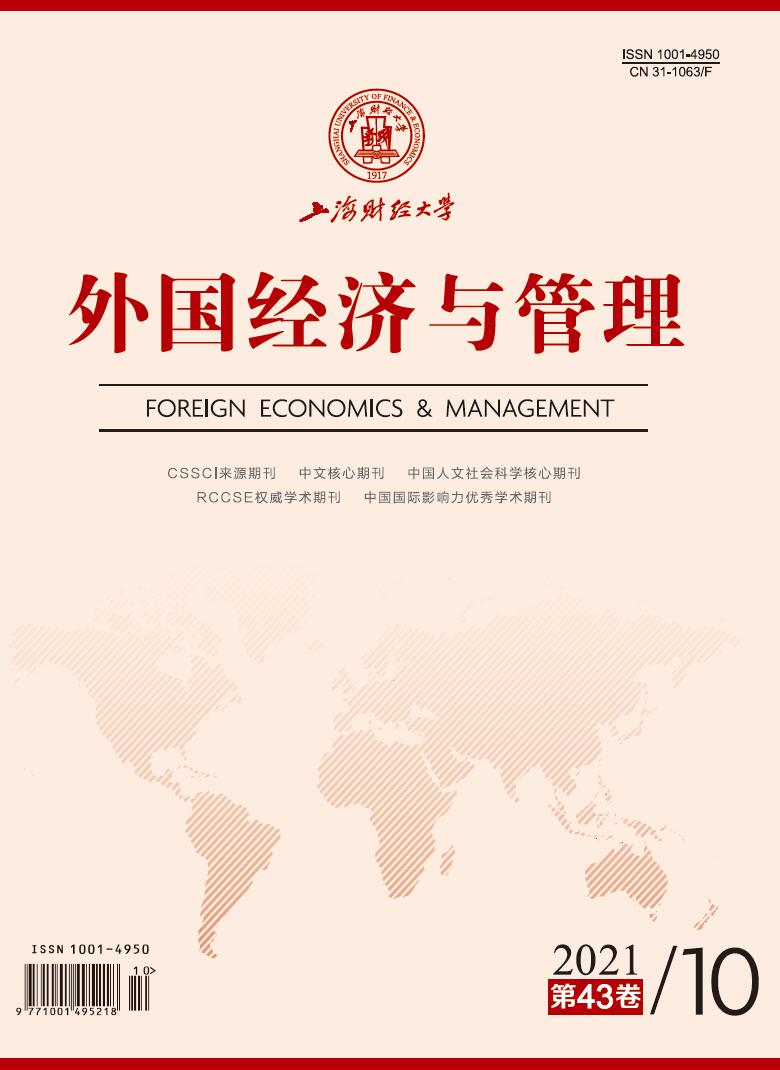For a long time, China’s capital market has failed to establish a mature mechanism to coordinate the contradiction between the company and the small and medium-sized shareholders. Because the illegal income of listed companies far exceeds the illegal cost, the interests of small and medium-sized shareholders are constantly infringed. The situation that small and medium-sized investors are difficult to form a group and safeguard their rights has not been solved. The promulgation of the new “Securities Law” in 2020 further improves the representative litigation system, establishes the litigation principle of “implied entry and express exit”, increases the punishment for illegal listed companies, and strengthens the protection for investors. What needs to be explored is whether the promulgation of the new “Securities Law” has really increased the illegal cost of listed companies, what ways listed companies will adopt to manage investor relations, and how investors will be affected. Taking 36357 lawsuits, 1639 securities violations and 2341 A-share listed companies involved in lawsuits from 2001 to 2020 as research samples, this paper uses the event study method and the DID model to investigate the influence of the “representative litigation system” on the trial of class action cases, market reaction and company investor relationship management. Then, this paper discusses the impact of company violations and class action lawsuits on long-term and short-term corporate performance, and analyzes the mechanism of the impact on corporate performance from the perspective of investor sentiment.
It is found that after the implementation of the new “Securities Law”, the trial time of class action cases is shorter, the probability of losing the lawsuit is higher, and the actual compensation accounts for a larger proportion of the amount of the lawsuit; compared with individual lawsuits, the market reaction of class actions is worse on the day of litigation announcement; once involved in a class action lawsuit, in order to hedge the negative impact of litigation, the company is more inclined to “hide” information in investor research, and investors obtain significantly less information about the company’s characteristics. Further mechanism analysis shows that although the company’s concealment behavior can produce the effect of “stabilizing” investor sentiment, thus playing a “masking effect” on the negative impact of class action on the company’s long-term and short-term performance, the company involved in the lawsuit cannot really “crossing the sea under camouflage”. Compared with the companies that violate the rules but have not been sued by the collective, after the promulgation of the new “Securities Law”, the short-term performance and long-term value of the companies that violate the rules and have been sued collectively are worse than before. After controlling endogeneity and conducing sensitivity analysis, the above conclusions are still valid.
Due to the inherent imperfection of law, tort litigation and contract litigation, which are two means of private enforcement, are costly and unpredictable, and are not enough to prevent securities fraud. The introduction of public enforcement into the new “Securities Law” can effectively reduce the operation cost of the capital market; at the same time, the new “Securities Law” strengthens the relevant liability rules of information disclosure and investor recovery, promotes private enforcement, and thus promotes the development of the capital market. Based on the quasi-natural experiment of strengthening public enforcement in the new “Securities Law”, this paper provides empirical evidence for the above theory. The conclusion of this paper enriches the research on the motives, behaviors and corresponding economic consequences of corporate illegality in the capital market. It provides a reference for small and medium-sized investors to protect their legitimate rights and interests through the law and for companies to manage investor relations. It also provides inspiration for the realization of the change and innovation of legal means of securities order and the promotion of high-quality economic development.





 9403
9403  3855
3855

